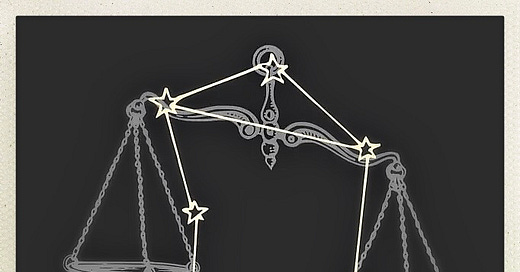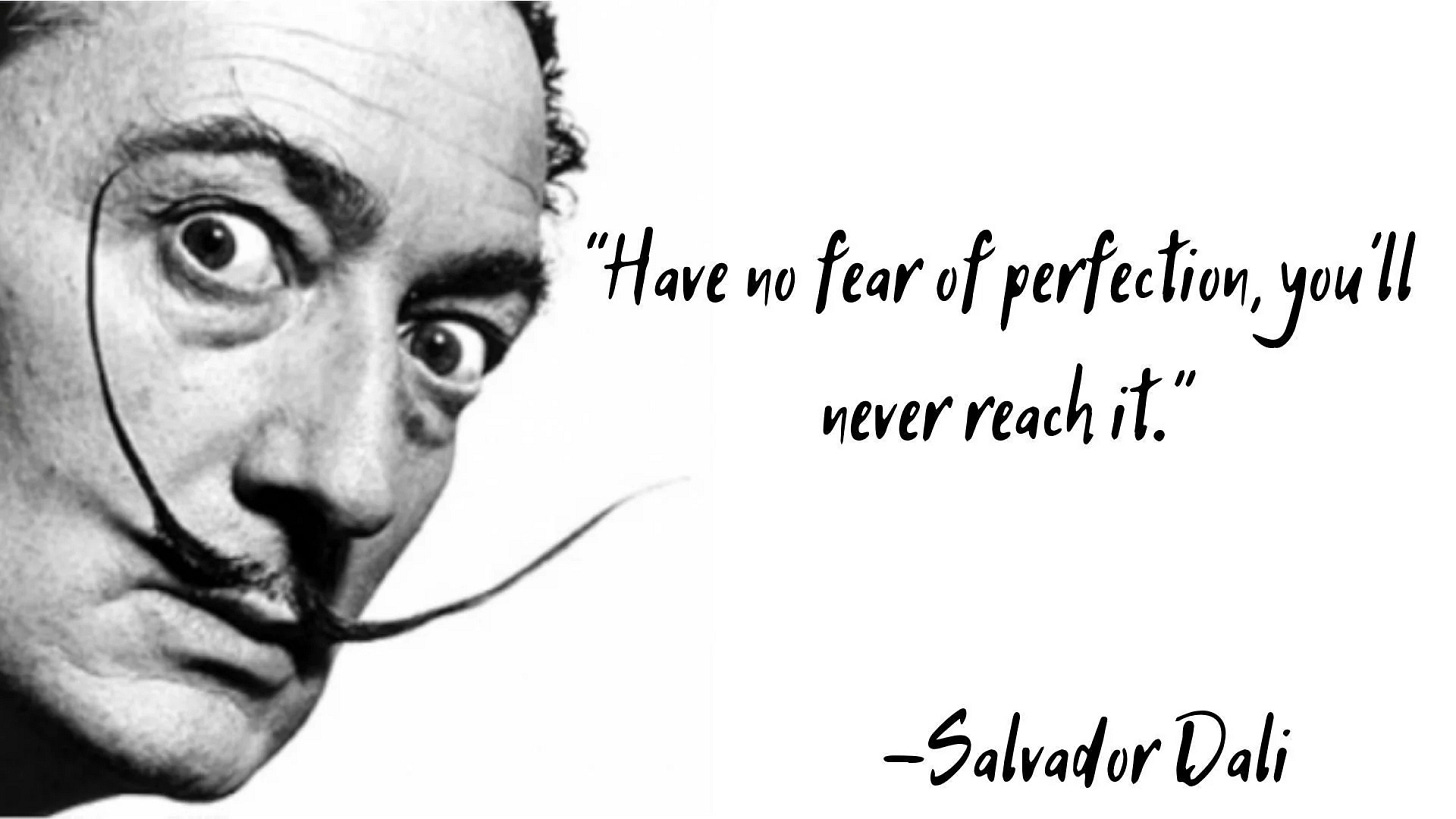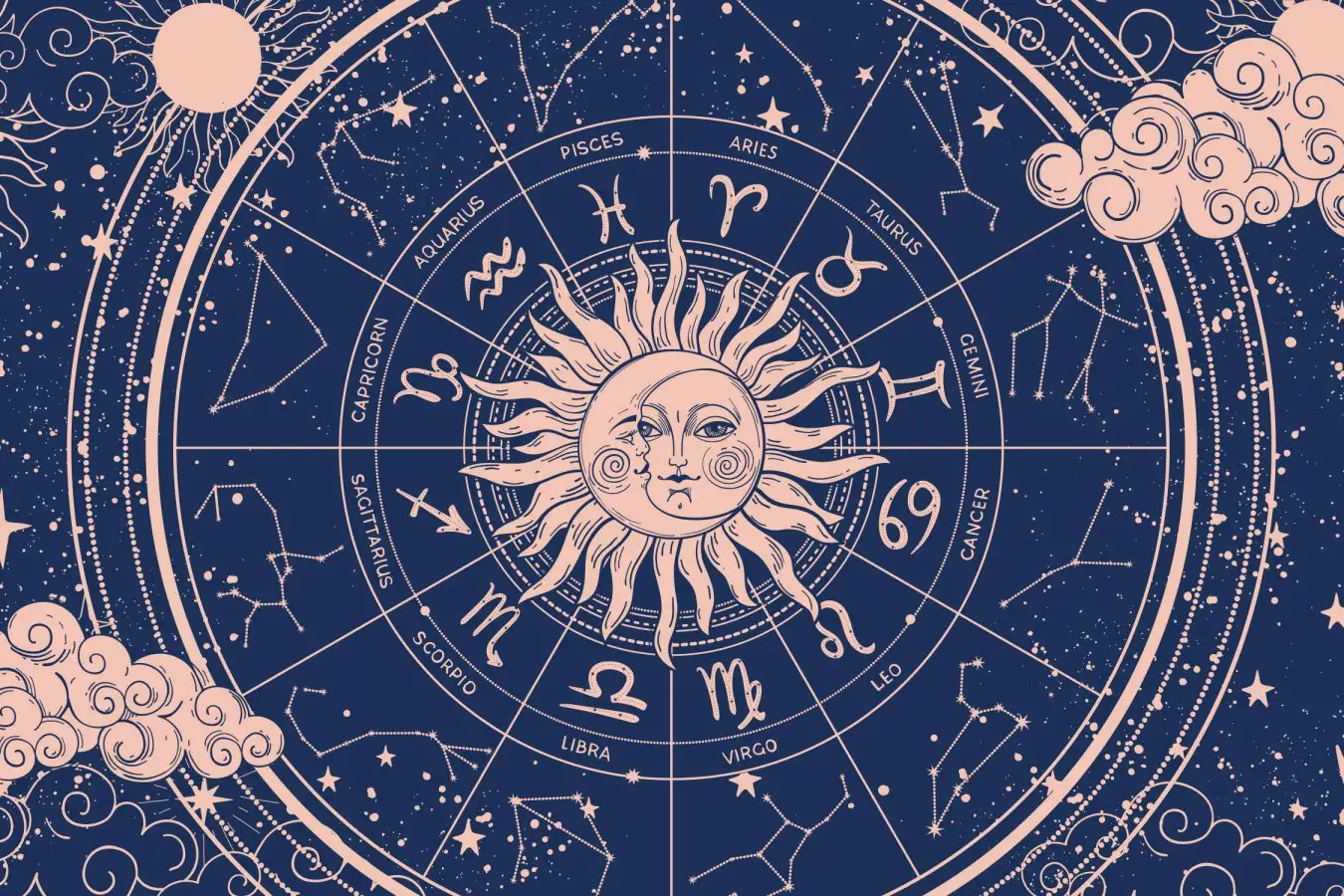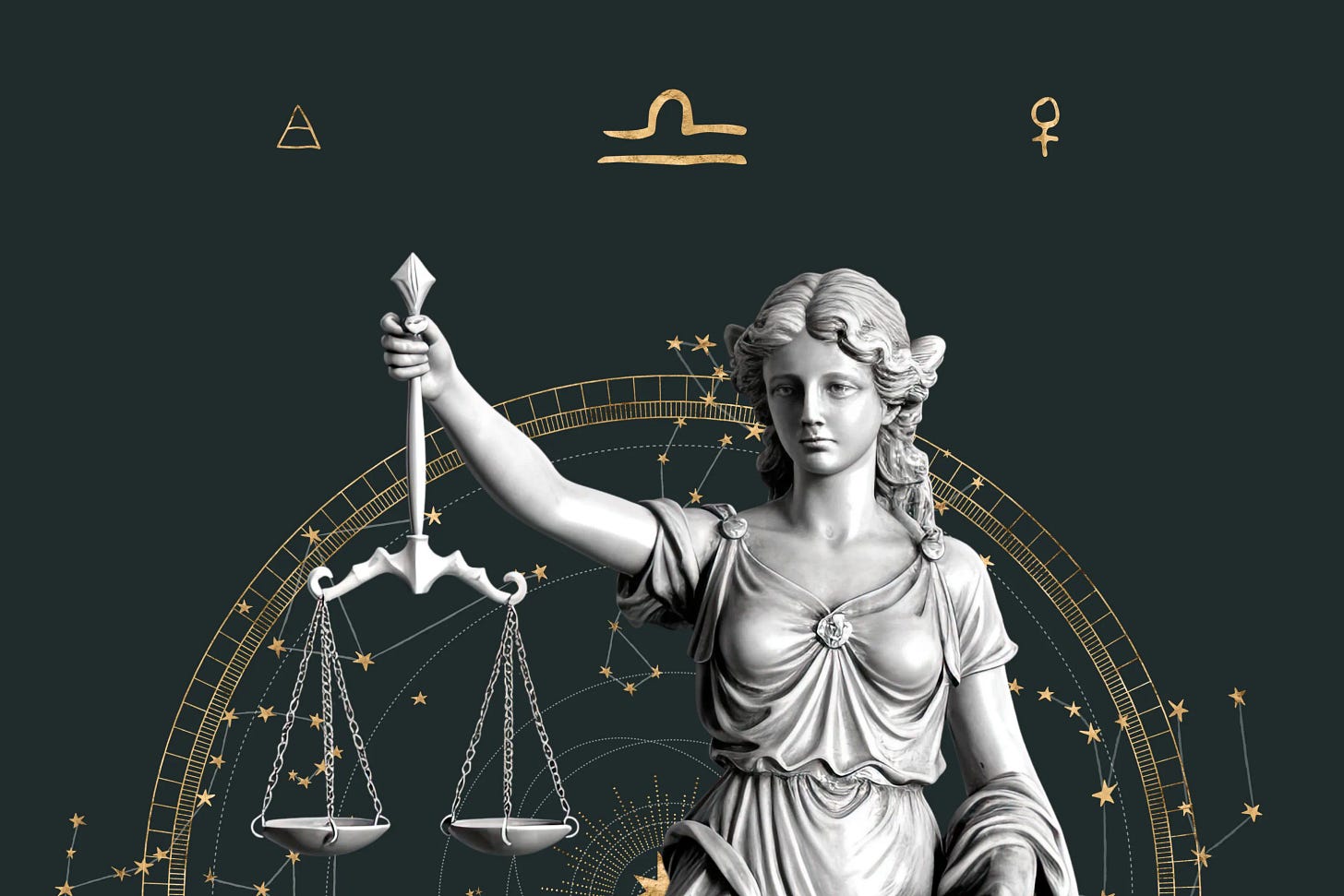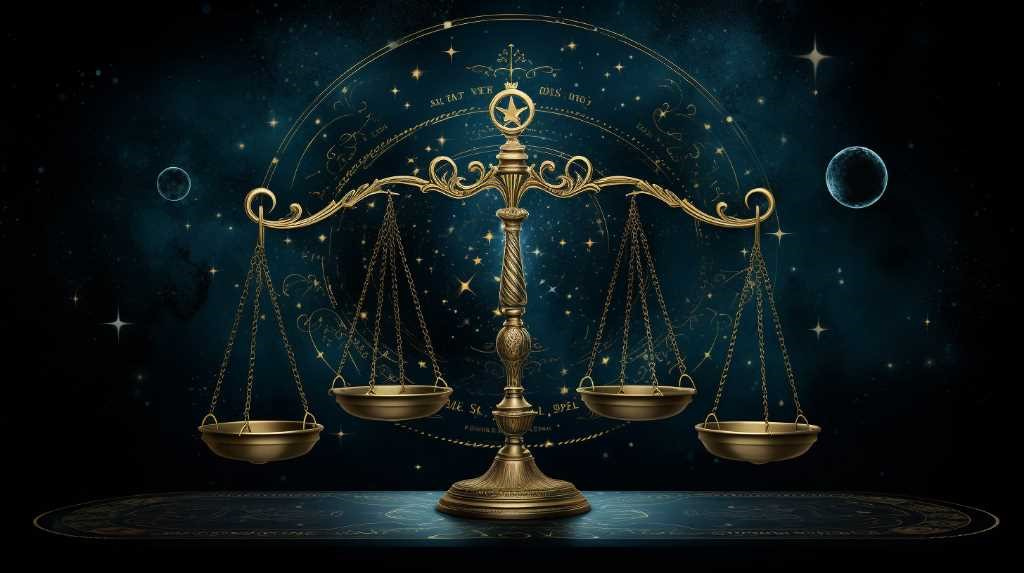Despite my valiant attempts, I still struggle to find balance. My drive (and restlessness) keep me in a state of improvement and progression. Over time, this has become a more manageable task, but it is still an area of development. Utilising my training and music allows me to switch off, and find some balance.
I’ve always enjoyed comics - Marvel, DC, Dark Horse etc. The characters, storylines, mystics and escapism. Some of the most memorable are the villains or fallen heroes.
In recent times, Thanos has become part of our collective consciousness. He is the archetypal villain seeking the ‘greater good’, but as the ‘End Game’ develops, we see that he possesses a ‘messiah complex’ that drives him towards wiping out half of the Marvel universe to achieve ‘balance’.
There have been numerous debates and deep dives into the parallels between communist and fascist ideologies, clearly mirroring the destruction caused by megalomaniacs.
‘Perfectly balanced, as all things should be.’
‘Should’ - Herein lies the problem. Why should things be the way that I want or perceive?
This utopian ideal has seen devastating consequences through the ages. In a ‘Brave New World’ Huxley proposes,
‘I want God, I want poetry, I want real danger, I want freedom, I want goodness. I want sin. Actual happiness always looks pretty squalid in comparison with the overcompensations for misery. And, of course, stability isn't nearly so spectacular as instability.’
- Aldous Huxley
The Weight of ‘Should’
The word should can seem so small, so ordinary, but in therapy, it often reveals something profound. It’s one of those words that pops up in conversations about self-doubt, frustration, or unmet goals, carrying the weight of hidden expectations and unspoken rules. Behind many should lies a story about how we see ourselves, the standards we strive to meet, and the forces—internal or external—that shape our lives.
When a client says, “I should be over this by now” or “I shouldn’t feel this way,” they’re often expressing a deep internal conflict. The word should creates a gap, a space between where we are and where we think we should be. It’s a judgment, a measure against some idealized version of ourselves. And when we don’t measure up, should brings along its companions—guilt, shame, and pressure.
In therapy, these should become fascinating to unpack. Where do they come from? Sometimes, they’re internal—echoes of personal goals or ambitions. Other times, they’re external, shaped by family expectations, societal norms, or cultural narratives. A person might feel they should have a perfect career or should always be available for their friends. But when we pause to ask why, it’s often rooted in something bigger: the fear of disappointing others, a desire for approval, or an outdated belief about what success or worth looks like.
One of the first steps in exploring a should is simply noticing it. Often, it’s so deeply ingrained that we don’t even hear it anymore —it’s just part of the mental soundtrack. But in therapy, when we slow down and examine these statements, it can sometimes shift. Take, for example, someone who says, “I should exercise more.” Where does that belief come from? Is it about health, or is it tied to a fear of judgment? Is it based on their values, or is it a voice they’ve internalized from somewhere else?
Once the source of the should becomes clearer, it’s possible to reframe it. Instead of, “I should exercise more,” the statement might become, “I value my health, and I want to be able to move my body comfortably.” This shift is subtle but powerful. The judgment and pressure soften, replaced by an intention that feels more authentic.
This process often involves challenging the assumptions that underpin should. What would happen if the expectation wasn’t met? Who decides whether this should be valid or fair? And most importantly, does it align with the person’s values? Someone who believes, “I should always say yes to my family,” might realize that this rule leaves them drained and resentful. In that realization, they can begin to set boundaries, replacing obligation with choice.
Often should connects us to our deeper struggles. It’s not just about exercising more or working harder. It’s about perfectionism—the unrelenting drive to be flawless—or the fear of judgment, the anxiety about being seen as less than. For some, living by shoulds has become a way of life, one that pulls them further and further from their authentic selves.
Therapy can help untangle this, and create a space for self-compassion, turning harsh self-criticism into something more accepting. Instead of “I should be better,” there’s room for “I’m doing my best.” Instead of living by rigid expectations, there’s an opportunity to embrace flexibility and choice. When should becomes could, the whole narrative changes. “I could visit my family this weekend” feels more empowering, rather than “I should visit my family.” The pressure eases, and the decision becomes intentional rather than obligatory.
When it’s transformative, it can help people to reconnect with themselves. Letting go of unnecessary shoulds isn’t about abandoning responsibility or ambition—it’s about finding balance. It’s about aligning expectations with values and recognizing that self-worth isn’t tied to meeting every standard we think the world demands of us.
Over time, should can lose its grip. It can stop feeling like a weight to carry and more of a chance to pause and reflect. When it appears, it can be met with curiosity rather than judgment. It becomes a guidepost for growth, pointing toward what matters and what doesn’t. And in that process, there’s a sense of freedom—the kind that comes when we live, not by obligation, but by choice.
Libra's Cosmic Dance
Libra, the seventh sign of the zodiac, has always been a fascinating symbol of balance, fairness, and partnership. Its association with the scales of justice is rooted in mythology and celestial observation, weaving together cultures and eras. Represented visually by the balance scale—or sometimes by a woman, often linked to Astraea, the Roman goddess of justice—Libra carries the weighty symbolism of harmony and equity.
This idea of balance finds celestial origins in a unique astronomical phenomenon: during the time the sun was in Libra, the day and night were of equal length, embodying a perfect balance. It’s poetic to think that such natural harmony inspired human concepts of fairness and equilibrium. Yet, this connection wasn’t universal across ancient civilizations. The Greeks, for example, initially didn’t see Libra as its own entity; they perceived it as part of Scorpio, naming it Chelae or "the claws." The stars we now recognize as Libra’s brightest, are identified as the "northern claw" and "southern claw" of Scorpio.
Interestingly, it wasn’t until the Romans, with their cultural emphasis on law and order, that Libra was established as a separate constellation. They brought back the idea of scales, associating them with Astraea's scales of justice, further linking the constellation to their ideals of fairness. In Roman lore, Libra became not just a celestial body but a metaphorical reminder of their societal values. Some Roman traditions even claim that the city of Rome itself was founded when the moon was in Libra—an auspicious alignment for a civilization aspiring to balance and fairness.
The symbol of the scales is based on the Scales of Justice held by Themis, the Greek personification of divine law and custom. It is represented by a woman (sometimes identified with Astraea, the Roman goddess of justice), holding a balance scale or by the balance alone. Libra is all about balance, fairness, and partnership.
Meanwhile, in the East, Hindu astronomers and astrologers had their own interpretations of Libra. Known as Tula in Sanskrit, it also symbolized the scales of balance and justice. Intriguingly, they referred to the brightest stars of Libra—Alpha and Beta Librae—as the "celestial gateway." This name hints at a deeper cosmic significance, as the sun, moon, and planets were observed to pass between these stars on their heavenly journeys. It wasn’t just a marker of balance but also a pathway, perhaps symbolizing the transition between realms or states of being.
Hindu astrology links Libra to Venus, or Shukra, the planet of beauty, elegance, and relationships. Venus's influence imbues Libra with a charm that’s as much about outward refinement as it is about inner harmony. This parallels the Hindu concept of dharma, a principle of moral balance and righteous living. Libra’s scales, then, are not just about external fairness but also internal alignment—living in a way that upholds truth, duty, and integrity.
It’s incredible how a single constellation can hold such a rich tapestry of meanings across cultures. From Greek myths to Roman ideals, and Hindu spirituality to the modern zodiac, Libra’s scales remain an enduring symbol. They remind us that balance isn’t just about equality in external circumstances but also about harmony within ourselves and the world around us. Libra teaches us that balance is both a cosmic and personal aspiration—a goal we strive toward, as eternal as the stars themselves.


